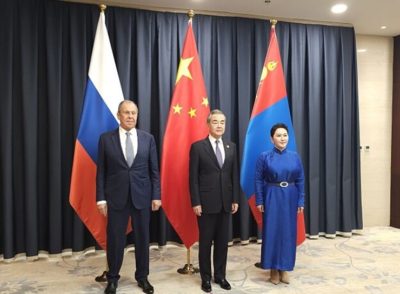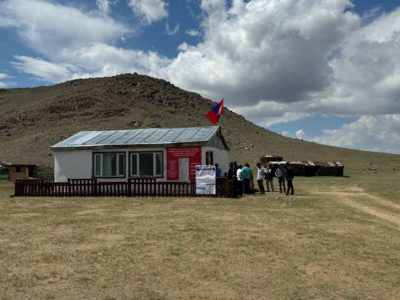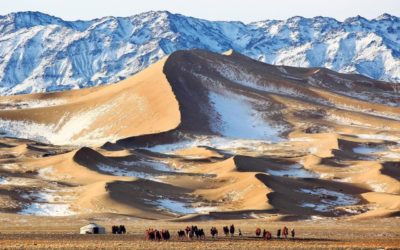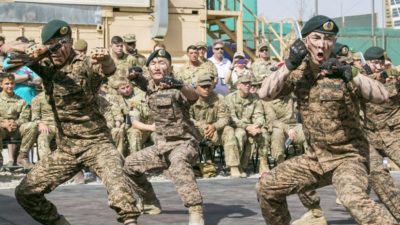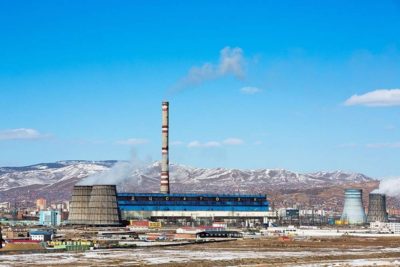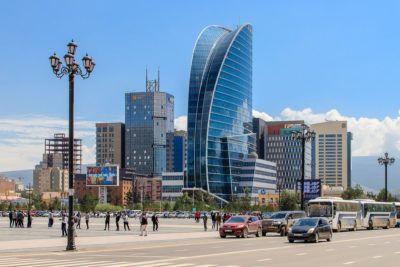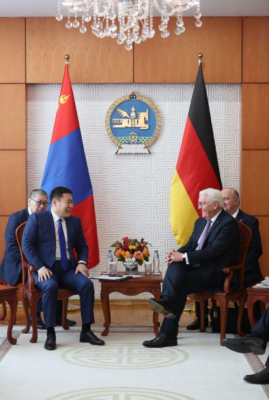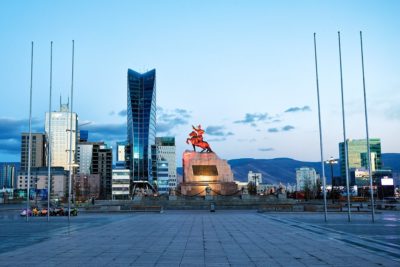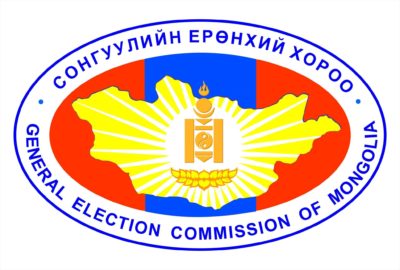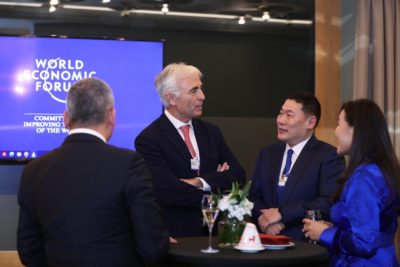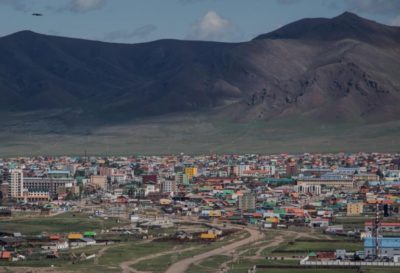"Missing again"? Mongolia at the SCO Summit
With the final accession of Belarus to the SCO, Mongolia found itself in the curious position of remaining one of the organisation’s two observers, and the only one whose high-level representatives attended the July 2024 summit in Astana. Nevertheless, Mongolia’s President and Foreign Minister have again spoken of preserving and developing the “proactive observer” tradition.
2024 Khural Elections: a new milestone in the history of Mongolian democracy
On June 28, 2024, Mongolia held elections to the State Great Khural, the country’s parliament. Due to the special political system in Mongolia, which is a de facto mixed republic with broad parliamentary powers, parliamentary elections are perhaps the key domestic political event in the country. They determine the composition of the Cabinet of Ministers and the real balance of power in the political arena.
The ‘Blue Horse’ of Mongolia and the safety of Lake Baikal – the news is encouraging, but not yet reassuring
The ‘Blue Horse’ is a project noble in its designs, aiming to bring water to those lands where sand dust rules. Nevertheless, despite all the imaginary (and quite real) prospects created for Mongolia by this initiative, its implementation is almost inevitably associated with negative consequences for the vast Baikal region. Is there an optimal way out of this difficult situation?
Mongolia-USA: a paradoxical military partnership?
The military cooperation of the self-proclaimed global hegemon with a small and critically remote state turns out to be, upon careful consideration, multifaceted and profound. A number of facts, showing the active immersion of the United States in the defence sector of Mongolia, prove this to be evident.
Thermal power in Mongolia - a past that has found demand in the present
Today, in the era of active development of green energy, which has swept not only developed but also developing countries, traditional energy sources such as brown coal remain important in Mongolia – even though renewable energy sources are being developed in parallel in the country. The authorities of the country, where all major energy facilities were built by foreign (in this case Soviet) specialists many decades ago, have in recent years begun to turn their attention back to thermal power generation, abandoning utopian notions of renewable energy as a universal “panacea” capable of ridding the country of the threat of energy shortages without harming the environment.
Ovoot-Erdinet and the Northern Railway Corridor: Prospects and Challenges
The Ovoot-Erdenet railroad line is currently under construction in Mongolia. This railroad line is one of the key sections of the so-called “Northern Railway Corridor” – a rail highway to connect Western Siberia with the PRC, the possibility of which is envisaged in the 2016 Russia-Mongolia-China Economic Corridor Project List. The length of the Ovoot-Erdenet line is 542 kilometers and the tracks run through areas with very difficult terrain and minimal power and road transport infrastructure…
Mongolia’s economy in 2024-2026: three years of prosperity?
In mid-2023, as part of its preparation of the country’s 2024 budget, Mongolia’s Ministry of Finance prepared a number of documents containing assessments of national economic development prospects for the next three years. These documents, which are available on Mongolia’s impressively comprehensive official database, allow observers to assess the Mongolian government’s views on their country’s development potential…
President of Germany in Mongolia: The Beginning of a Strategic Partnership
On February 7-8, 2024, the President of the Federal Republic of Germany Frank-Walter Steinmeier paid a visit to Ulaanbaatar. In the course of the visit, the senior German politician held talks with Mongolia’s President, Prime Minister, and the Speaker of the State Great Khural, Mongolia’s Parliament. He was met at the airport by Mongolia’s Foreign Minister…
Mongolia’s 2024 budget: a continuation of recent trends
Mongolia adopted its 2024 budget law on October 1, 2023. As part of the preparations for the budget law, an extensive preparatory review of the 2023 figures was performed. These were correlated with the spending plans for 2024, 2025 and 2026, and the results were summarized in a special report published by Mongolia’s Ministry of Finance. The report is primarily a breakdown of Mongolia’s draft budget for 2024. As for the budget itself, the following points made in the report are worthy of note…
Mongolia Prepares for 2024 Parliamentary Elections
The ninth State Great Khural elections in the history of democratic Mongolia will be held this year, on June 28. They will be unprecedented in a number of respects, and their results promise significant differences from the country’s “classic” indicators. As early as 2023, the Mongolian authorities carried out extensive work to prepare the country’s legislative framework for the upcoming elections, reflecting all their new parameters and principles in the relevant legislation…
Mongolian Prime Minister in Davos: Meetings and their outcomes
The Prime Minister of Mongolia, Luvsannamsrain Oyun-Erdene, attended the World Economic Forum in Davos, Switzerland, from 15 to 19 January. This article provides an overview of the Mongolian representative’s activities at the event – with a slightly more detailed analysis of the objectives of the official meetings he held during these four days. On 4 January 2024, it became known that the country’s Prime Minister would be attending the Davos Forum: the announcement of this decision…
The Year of Regional Development — a new focus in Mongolia’s domestic policy
For people all over the world, a new year means a new beginning, a time for new emotions, meetings, acquaintances and discoveries. The same can be said about countries — national governments rarely hesitate to use the onset of a new calendar year as an occasion to promote an agenda which they see as in their country’s interests. Mongolia is no exception — its government has named 2024 the Year of Regional Development, a clear witness to Mongolia’s…
